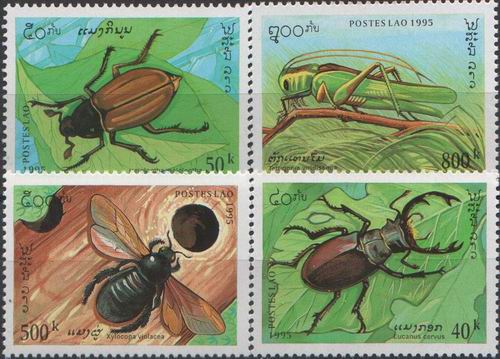Most of us would not like to think we might be implicated in the decline of honeybees worldwide, or in the decreasing numbers of bumblebees, butterflies and farmland birds nearer home, but two scientific papers published at the end of last month suggest we are. The scientists’ findings about the effect of the latest generation of pesticides on bees and other pollinators mean we should all re-examine what we buy. For someone who, as concern has grown, has tried to keep a sense of proportion about the possible effects of a group of pesticides called neonicotinoids — nicotine-like substances that were introduced in the 1990s
— the sense of betrayal runs deep. I expect multinational pesticide companies to play down evidence they don’t like and to play up the importance of pesticides when it comes to feeding the world. I don’t expect the people we pay to protect our environment to operate complacently on the same assumptions. What we are talking about is nothing less than the poisoning of the countryside on a scale greater than Rachel Carson wrote about in Silent Spring, her classic exposure of the first generation of synthetic pesticides. Three million acres of Britain are treated with the new pesticides. Their true effects were missed by regulators despite the erection, under the European Union, of the greatest edifice of environmental legislation yet. No wonder an English scientist quoted in the normally cautious journal Science predicts that these two scientific papers will cause “an absolute firestorm”. The Xerces Society for Invertebrate Conservation recently published a review of research into the effects of neonicotinoid insecticides on bees, with recommendations for action (attached). Attached also is an article on the influence of Bayer Cropscience on Dutch policy makers (which appeared the magazine "Vrij Nederland" on April 4, 2012).
FROM THE SUNDAY TIMES, APRIL 8TH 2012
http://www.timesplus.co.uk/sto/public/images/logos/logo-home.gif
BY CHARLES CLOVER

- Login om te reageren
